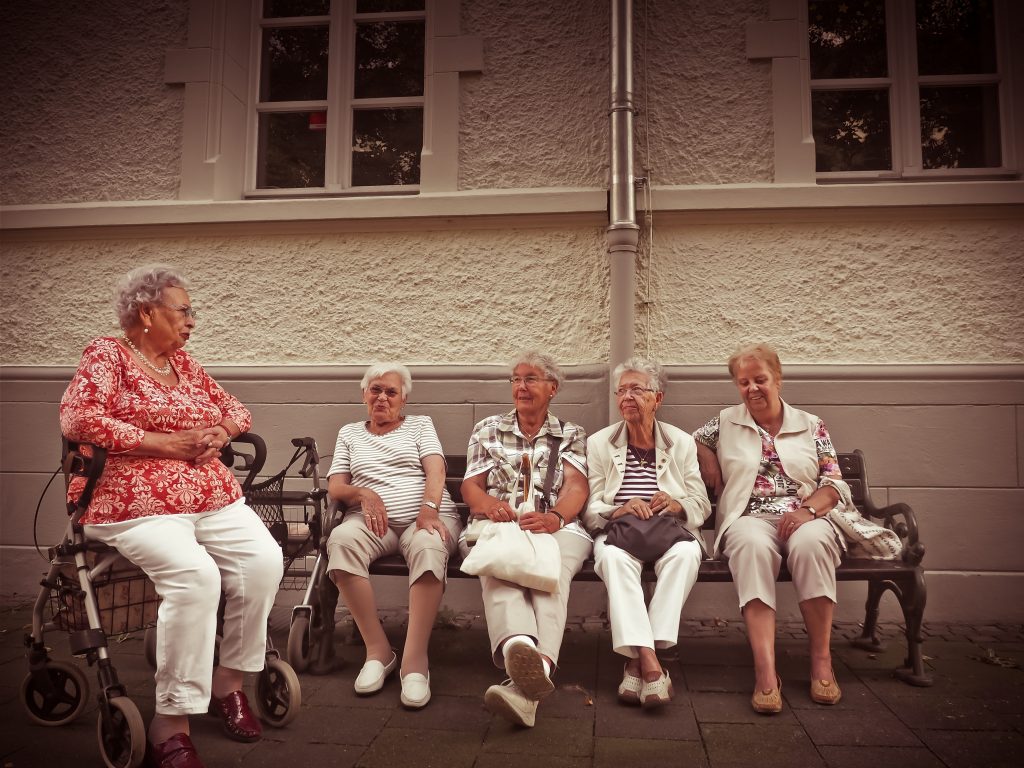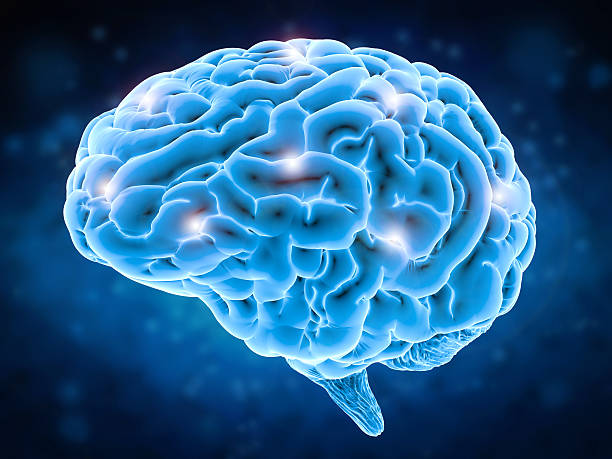You see it everywhere. Movies, TV shows, and probably amongst your own friends and family. As someone ages and they start to develop symptoms of cognitive decline, people will say, “Oh, he’s just getting old.” While there are many changes in the brain as a result of aging, there is a difference between healthy aging and the decline that comes from diseases such as dementia.
Types of Intelligence
First it is important to understand the difference between crystalized and fluid intelligence. Crystalized intelligence refers to skills that can be learned and practiced. This includes skills like vocabulary or general knowledge. These skills tend to get better over time despite the process of aging. Fluid intelligence includes skills such as processing speed, problem-solving, and other parts of our executive functioning. These skills tend to be independent of the our more practiced skills. In essence, anyone can acquire more knowledge, however, being able to use and apply that knowledge functionally is completely different task all together. These skills tend to be at their best when in your 20s and 30s and begin a slow decline afterwards. But each of these skills has their own set of decline that occurs across normal aging.

Processing Speed
Process speed tends to be the biggest, noticeable change in aging adults. A decrease in processing speed can make crystalized intelligence seem as if it is declining as well as that information takes longer to process and then use. However, that knowledge is still there and growing, despite the lack of speed in its retention.
Attention
Attention is another area of executive functioning that tends to decline later in life, however, this decline tends to be slight. Overall, older adults do not tend to have difficulty focusing on specific stimuli as compared to their younger counterparts. However, more complex tasks do become more difficult such as being able to hold conversation at a restaurant with other conversations around them. Multi-tasking your attention will also become more difficult, but not impossible, as you get older.
Memory

Memory is another major area where decline is seen in across aging, however, in healthy aging, it is not nearly the same as living with dementia. Memory decline as you age tends to be more due to the decline of the first two areas we described. An inability to process information quickly keeps new memories from forming in a complete way. Also, as the ability to attend to stimuli becomes more difficult with noise or distractions around, that stimuli does not process into memory either. In a sense, it is less a decline of memory and more a decline in the processes that lead up to memory that become the problem.
One form of memory that is unaffected by aging is implicit memory. This includes knowing the lyrics to familiar songs and motor memory in terms of remembering how to complete tasks. These two forms of memory stay in tact in healthy aging despite the way we characterize those with memory difficulties. Other forms of memory that remain stable in healthy aging include recognizing information and recalling the order in which events occurred.
Other memory tasks that become difficult are things such as remembering to take future actions such as taking out the trash, where you learned information from (not the information itself), and remembering information without a cue.
Myth Busted
Is there a general decline in cognitive functioning as you age, yes. However, that decline is not nearly to the degree that we associate with aging on its own. If some of these static skills are showing decline, that is the sign of a disease and not just a sign of getting older.
It is important to be able to distinguish between healthy aging and medical conditions so as not to leave someone without help who may need it. Remember, just because your loved one is getting older, that doesn’t mean that they shouldn’t remember things or be able to function cognitively anymore. It is not a miracle that someone in their 80s can play chess and process information. That is healthy aging. If your loved one has skills that are declining at a rapid rate, it’s important to see a doctor with your concerns rather than blame how much they have seen in their lives.
